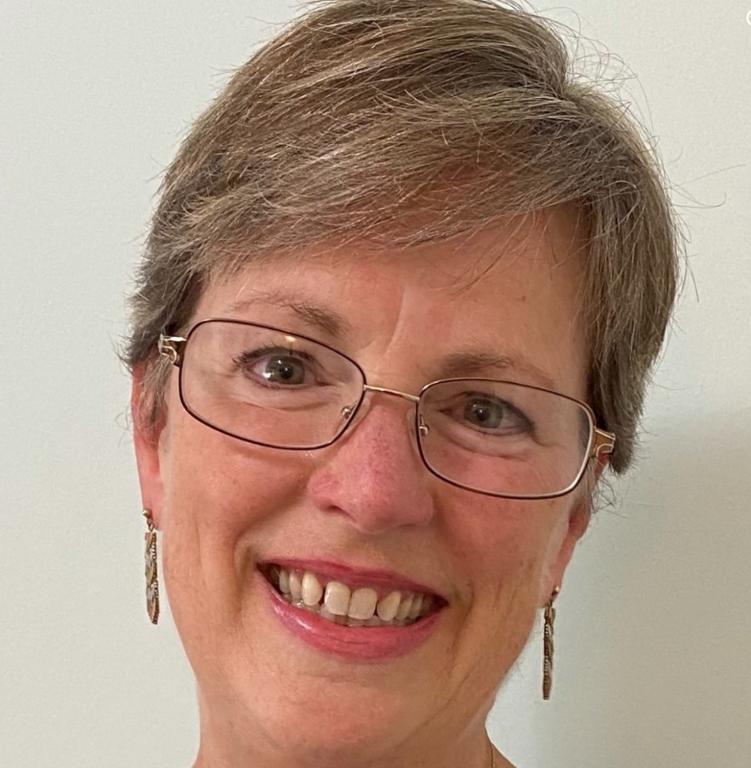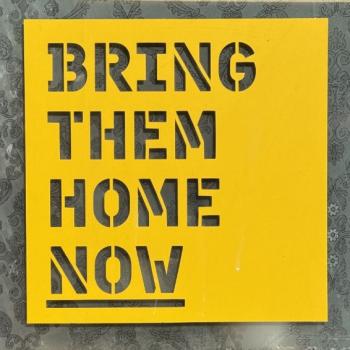Whether you are a dispensationalist cheering for Israel, or an Episcopalian (hi, Pam!) rooting for the Palestinians – or somewhere in between – responsible consumers of news make their choices based on facts, not fiction.
Almost all of the major, mainstream media (MSM) outlets have a flawed track record when it comes to factual journalism on Palestine and Israel. I’ve reported on this for If Americans Knew in the past (especially here and here); other alternative media sites do so regularly (for example, this and this).
That’s not to say that MSM always gets it wrong. Recently, for example, CNN’s Jeremy Diamond did a great job: he took the time and effort to fact-check the Israeli narrative, and when it was found wanting, he asked questions. When it was still found wanting, he told his readers so. You can read about it in Israel claims a tunnel ran through this Gaza cemetery it destroyed. A visit to the site raised more questions than answers.

Contrast that with this: What the BBC fails to tell you about October 7. Jonathan Cook points out how the BBC reported strictly on Israel’s narrative, while others were uncovering facts that contradicted it.
October 7th factcheck is a handy website – a sort of Snopes for all the rumors about the Hamas attack (if you haven’t been following along, October 7th turns out to be much different from what we first thought – it’s worth looking into this website).
We recently shared a piece on CNN’s practice of censoring all articles on the subject to ensure a pro-Israel spin – a practice that is well-known and followed to some extent by essentially all mainstream media.
So, let’s look at 5 tips that will help you recognize accurate vs. biased reporting on news about Palestine and Israel.
If you read or watch mainstream media, take note:
SOURCES/VOICES: Do the reports quote only Israeli sources, or Palestinians as well? In the 21st century, it’s easy to interview an eyewitness or an expert living in Palestine, if a network wants to. Alternative media do it all the time. MSM rarely do it, and that is to their shame. Well, and Israel’s shame too.
Western journalists are rarely granted unfettered access to Gaza – the only way to see Gaza firsthand is by embedding with Israeli guides and hearing Israeli narrative. Journalists are allowed to see only what Israel wants them to see, and talk to only who Israel wants them to talk to. On top of that, there are Israeli censors (read Israel’s ‘unprecedented’ censorship regime targets Western media or for details). That’s why interviews with Palestinians should happen every day – but it doesn’t.
The US is also full of Palestinians and Palestinian Americans who are knowledgeable about the situation; they are not invited to speak nearly as often as they could be. If your go-to media source isn’t sharing the Palestinian perspective, it’s not giving you the full story.
If a report does not include the human toll on the people of Gaza (starvation, loss, destroyed health sector, etc.), you are not getting the truth. (Bonus tip & unsolicited endorsement: Al Jazeera News is one of the few outlets that has “boots on the ground” in Palestine.)
BALANCE: Are you reading reports that discuss Israeli and Palestinian perspectives in proportion? For example, about 232 Israeli soldiers, and over 28,000 Gazans have died since the beginning of the war. Logically, there should be much more discussion of Gazan deaths (if Palestinian lives matter as much as Israeli lives).
The vast majority of Gazan deaths are women and children, so that should be part of the reporting. The starvation and disease happening in Gaza are newsworthy, and should be not only discussed but explained (Israel is blocking humanitarian assistance).
If a news report spends most of its time/space talking to, or quoting, Israelis/Israel supporters and their perspective, you’re not getting the full story.
WORD CHOICE: What words does your news source use when referring to Palestinians? Are Palestinians described in humanizing terms? Since the vast majority of Palestinians killed in Gaza are civilians, you shouldn’t see the word “terrorists” used to describe the dead or injured. Do reports use words like “massacre,” “slaughter” and “atrocities” only for October 7th, or also for Israel’s bombardment of Gaza?
Similarly, notice the wording of headlines, which can downplay culpability. A recent example is the death of Hind Rajab, who was, along with her relatives, brutally killed by Israeli tank shells at close range. Look at these headlines:
Hind Rajab, 6, found dead in Gaza days after phone calls for help
(For more on the language of media bias, read this.)
If your news source makes subtle word choices that portray Palestinians as less human than Israelis, or whitewash Israeli actions, you’re not getting the full story.
CONTEXT: Are you reading reports that mention the context of the conflict? Do they acknowledge the fact that Palestine was ethnically cleansed (1948) and occupied (1967), that Gaza has been under a blockade for 17 years, or that Israel has been charged with genocide and apartheid? Or does the story trace its beginnings to October 7th? Without a historical perspective, it’s impossible to truly understand Palestinian anger at Israel – and you might wrongly assume that Palestinians are barbaric and antisemitic.
If your news source revolves around the events of October 7th, 2023, and does not bring in the historic context and current truths about apartheid and genocide, you’re not getting the full story.
PROOF: Does your news source back up Israeli claims with proof? Israel has a long track record of lying, so it’s not prudent (especially for truth-seekers) to simply believe Israeli mouthpieces are telling the truth. Apply the same test across the board – to Palestinian spokespeople, UN and other NGO representatives, etc. Are they backing up their statements with evidence? (For a few examples of Israel’s lies – which many believed and still believe – go here.)
If your news source circulates stories from Israeli sources that lack evidence, you’re not getting the full story.
If all of this sounds to you like Israel-bashing, that’s fair. Take a minute to check into my allegations. They’re absolutely true, but you don’t need to take my word for it.
To get an idea of how long mainstream media has been toeing the line for Israel, read Study finds 50-year history of anti-Palestinian bias in mainstream news reporting.
Want a recommendation for accurate reporting on Palestine and Israel? My top favorites (unsolicited endorsements):
If Americans Knew (full disclosure: I work here)
I invite you to subscribe to my newsletter. I write about the Palestine-Israel issue regularly, and other issues relevant to progressives or those considering becoming progressive. If you would like to comment on this post, please pop over to my Facebook page. All of my posts are there and open to constructive comment. I welcome your thoughts.
Contact the people in Washington DC who (allegedly) work for you and tell them, “ENOUGH. CEASEFIRE NOW. NO MORE WEAPONS TO ISRAEL. STOP THE GENOCIDE. NOW – OR YOU’RE FIRED.”
Reach your Representative here, and your Senator here. Email President Biden here.
READ MORE ABOUT PALESTINE:
Posts about my Gazan family (in chronological order):
- Follow this refugee family’s quest for survival in Gaza
- The hardest decision our family in Gaza has ever made
- The unexpected one-word message coming out of Gaza today
- The new normal: eating during a famine in Gaza
- The truth about Gaza: “I swear, we don’t mind death”
- The reality of survival in Gaza, on Spiritual Brewpub
- 3 funerals and a wedding in Gaza
- “We’re surrounded. Israelis are everywhere. We are dying.”
- “We were surrounded by tanks. It’s a miracle we got out.”
Further reading on the Palestine-Israel issue:
- You need to meet this little girl named Hind
- Does Israel really have “the most moral army in the world”?
- Western “civilization” exposed for its colossal ruthlessness
- To Biden, Palestinian genocide is already complete
- The lies we believe about Gazan Christians are killing them
- Can followers of the Prince of Peace support a group that uses violence?
- Why support for Palestinian resistance is the right response for Christians
- This thought experiment will make you smarter about Gaza and Israel
- A Palestinian Pastor’s powerful message to us: “it’s time to stop praying”
- Christians: Why do we skimp on compassion when it comes to Palestinians?
- Don’t compromise truth on Israel and Palestine
- What People Of Faith Need To Know About Gaza And Israel Right Now
FEATURED IMAGE: by Eleonora Francesca Grotto via Unsplash














